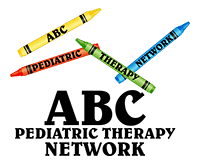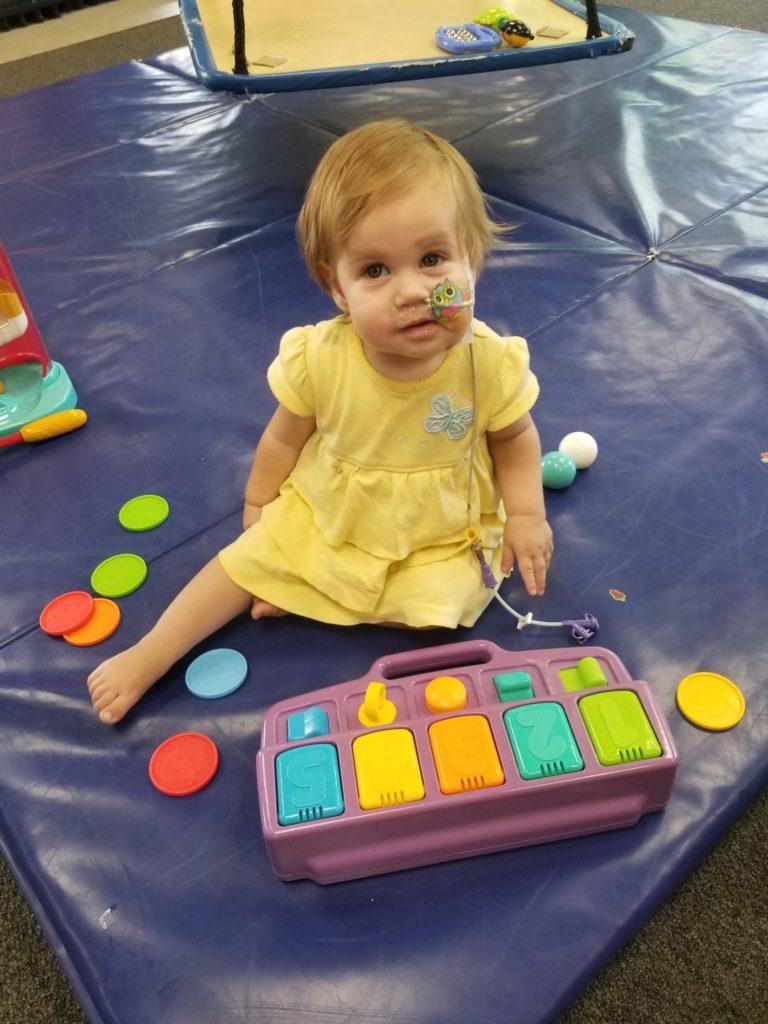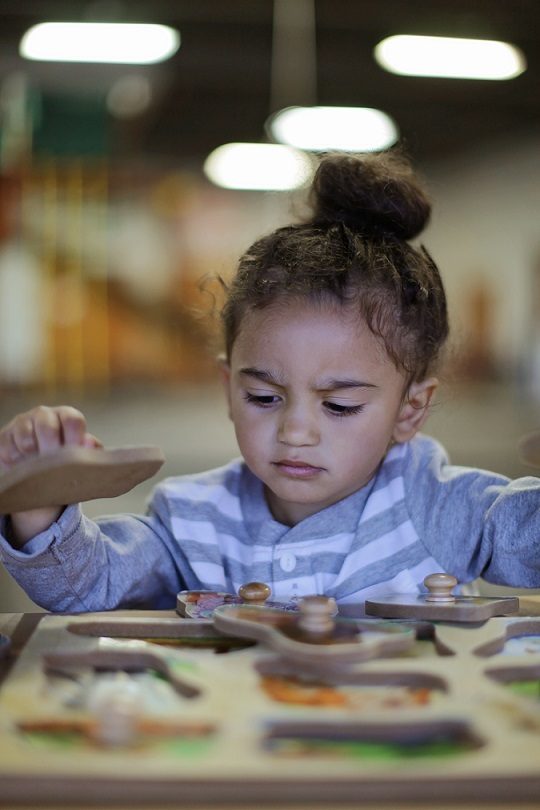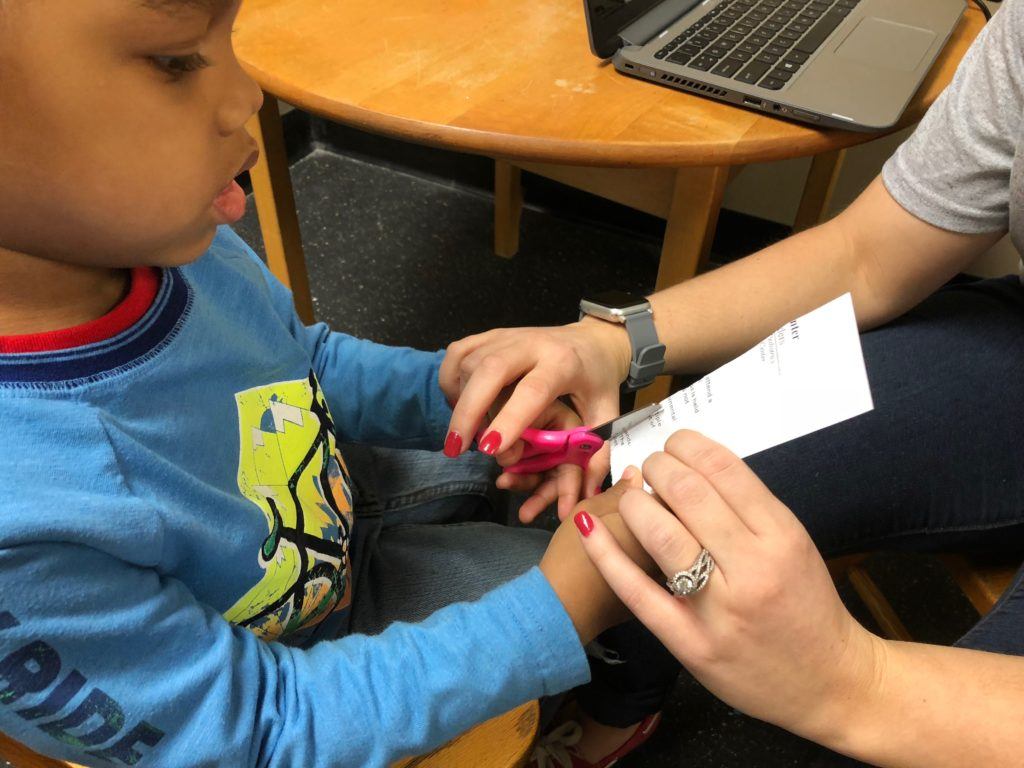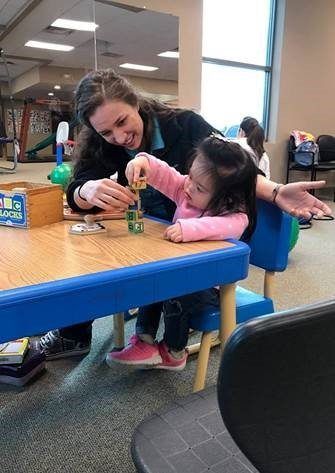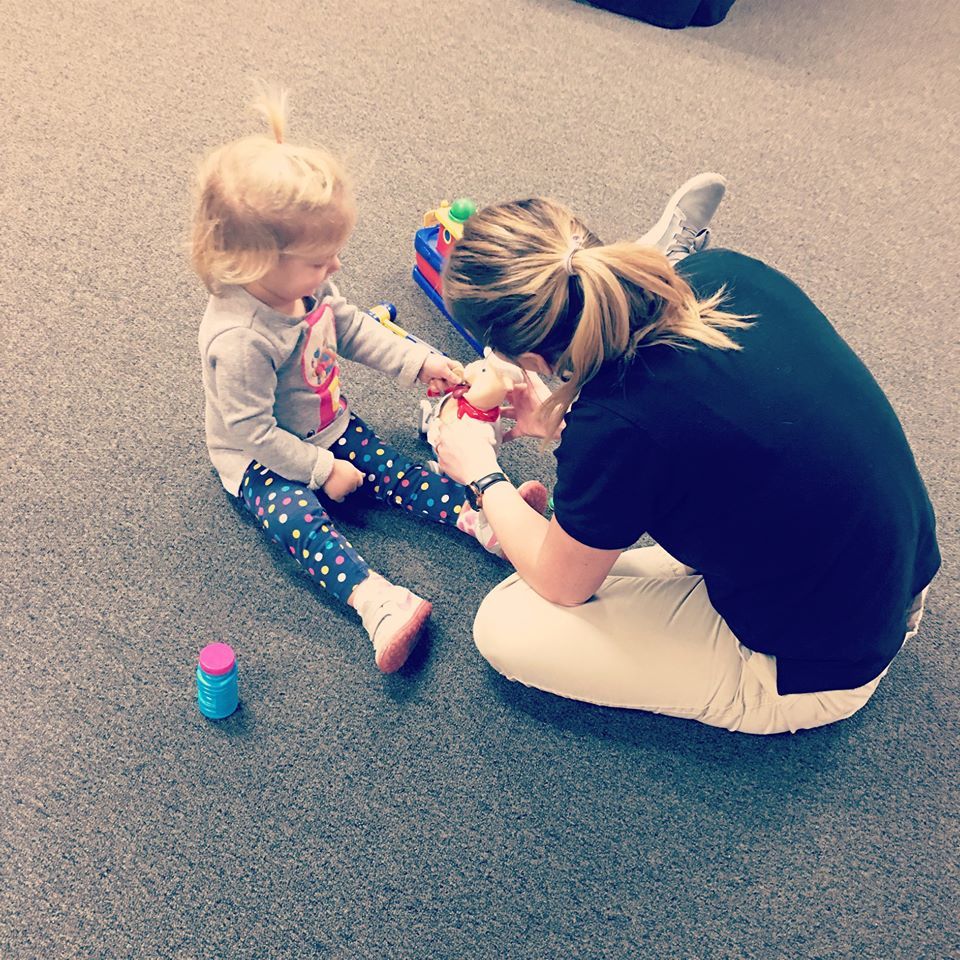Pediatric Occupational Therapy & Development in the Cincinnati & Dayton, OH, Area
Having a child that struggles to develop necessary skills is a worrying and frightening experience. You love your child and want the best for him or her, but you fear they will be left behind.
One area your child may struggle in is his or her “occupation,” or the daily activities he or she is expected to participate in. A child’s occupation usually includes playing, socializing with other children, completing schoolwork, and accomplishing hygiene tasks.
ABC Pediatric Therapy Network strives to help children in the Dayton and Cincinnati, OH area strengthen their developmental skills through the use of occupational therapy. We believe in giving every child a chance to learn and grow and master the skills that may currently seem out of his or her reach.
Understanding Occupational Therapy
The term “occupation” likely brings up the image of an adult workforce, and, in a sense, this therapy addresses a similar aspect. A child’s job, or occupation, is to develop the skills that will help him or her succeed later in life, including motor and social skills.
If your child struggles to develop these skills on his or her own, one of our occupational therapists will help your child through the process. They will evaluate your child’s skill level and determine which areas might need a boost. A few common ways they can help children include:
- Teaching the child how to properly hold a writing instrument or toy
- Suggesting environmental adaptations, such as a reduction in stimulation if a child easily loses
focus
- Teaching the proper way to perform basic hygiene skills, like washing hands or brushing teeth
- Improving coordination skills
By gaining these skills early in life, your child will gain confidence and independence. Your son or daughter will be able to keep up with his or her peers and fully engage in the activities required of him or her.
Developmental Checklist
Is your child meeting their developmental milestones?
Fine Motor Skills
Fine Motor Skills are the small movement skills of our hands, fingers, and wrists that develop throughout our growing years. These include writing, cutting, keyboarding, eating, holding small items, buttoning, and turning pages. Proper development of fine motor skills requires strength, postural control, and coordination. It also requires appropriate function of our eyes.
Fine motor skills are very important to a child’s overall development, health, learning experiences, and self-esteem. Developing independence with fine motor skills at an early age is crucial to school performance and self-care skills (such as dressing). The human body follows a step by step process, where one area often relies on another to achieve full function.
Each milestone that is achieved throughout the first years of life is dependent on the one that came before it. To be able to cut and write, we must first learn to grasp. We need to learn how to hold small objects in order to feed ourselves. We need to use our eyes and hands together before we button and zip. The body goes through a complicated movement process. If a child is not achieving a milestone within a reasonable time frame, it is important to ask questions and seek out guidance right away because the next set of skills is coming up fast. The longer you wait, the further behind the child will fall. The earlier an intervention is provided, the more effective it can be.
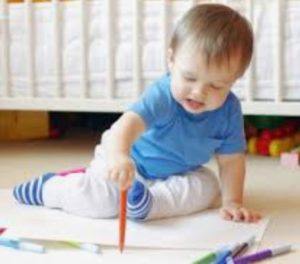
Sensory Integration Skills
Sensory Integration is our ability to take in information from our senses and organize it so we can function in our world. Sensory Integration Skills develop throughout our growing years and involve our ability to touch, taste, smell, feel movement, hear, and have an awareness of our body. Proper development of sensory integration skills requires children to experience senses in the world around them.
Sensory Integration skills are very important to a child’s overall development, health, learning, behavior, and self-esteem. Developing sensory integration skills at an early age impacts a child’s behavior, social skills, and play skills. The human body follows a step by step process, where one area often relies on another to achieve full function. Sensory integration develops with fine and gross motor skills – they are all dependent on one another.
Each milestone that is achieved throughout the first years of life is dependent on the one that came before it. To be able to swing and climb on the playground, we must first learn to tolerate movement through space. We need to learn how to cope with busy, quiet, and changing environments in order to concentrate in school. We need to use our body senses together in order to function in our natural environments.
If your child is showing signs of challenges with their sensory Integration skills, it is important to seek out help right away before behaviors become more severe. The earlier intervention is provided, the more effective it can be. You want you and your child to experience less stress as quickly as possible.
Read More about why it’s important to get help for your child now.
Identifying a Need for Occupational Therapy
While every child learns differently and progresses at a different rate, a child developing at a normal rate tends to hit certain developmental milestones. The checklist below offers a guideline for how to track your child’s progress. If your child has not yet hit the suggested milestones for his or her age, contact our office. We can help identify whether your child might benefit from occupational therapy.
To learn more about occupational therapy in Cincinnati, contact the location closest to you. We look forward to working with you and your family.
Occupational Development – Parent Checklist
If you have any questions about your child’s physical development, browse our parent checklist below and give us a call today.
Through steady improvement, your child can attain a boost of confidence.
Help your child find new levels of independence with pediatric occupational therapy in Cincinnati and Dayton, OH.
 Skip to content
Skip to content